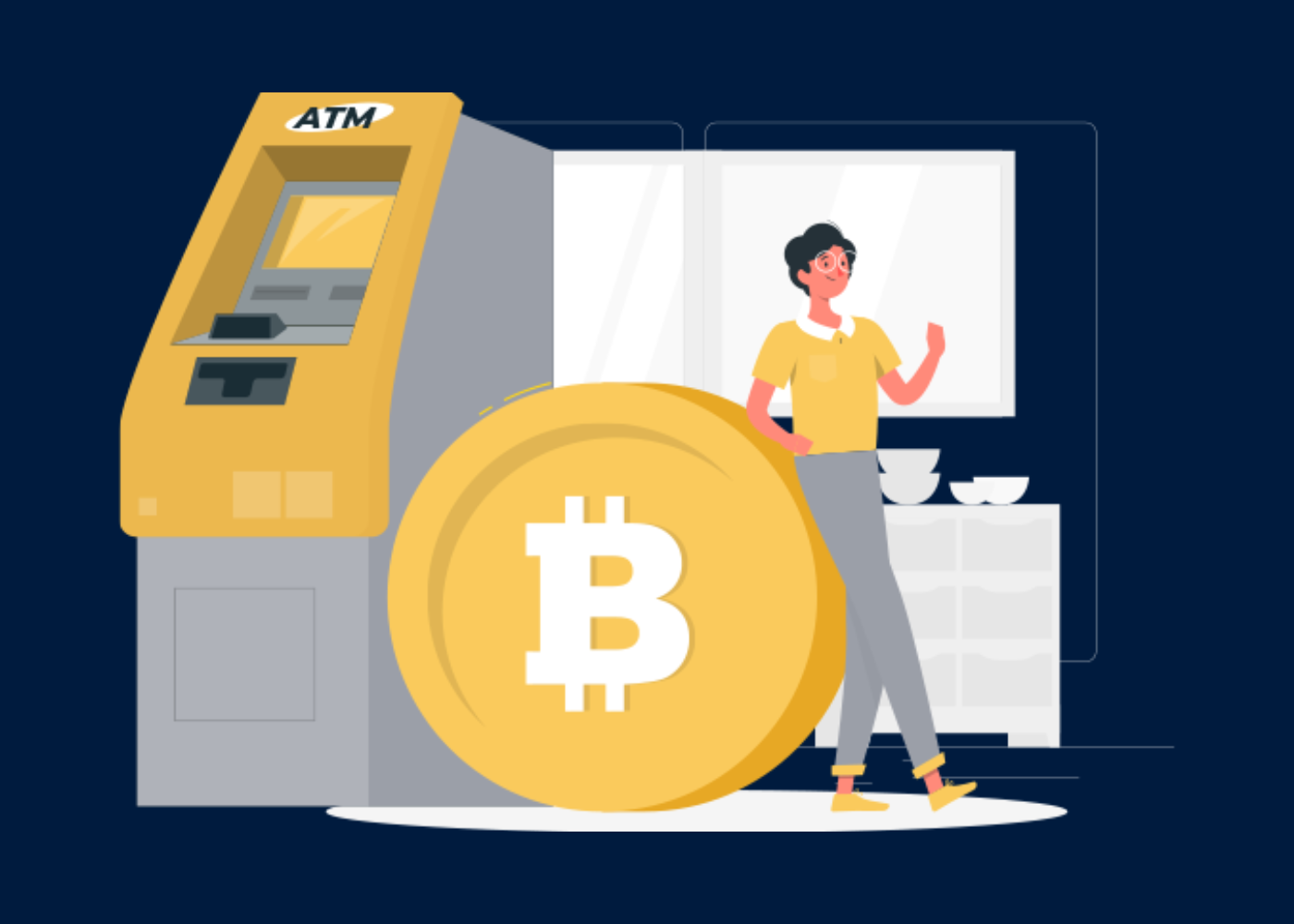For beginner SEOs, there’s a low-hanging fruit opportunity when it comes to both Off-Page SEO and On-Page SEO content audits. And whether or not your existing content was SEO optimized when you created it, there’s still an opportunity. Especially, to make a few quick tweaks and reap the rewards of more organic traffic from top SERPs to your website.
Perse, if you rank in the top 3 positions or the featured snippet for a certain keyword, you’ll likely see an exponential traffic jump. However, fail to rank on page one, you’ll see that the missed opportunity to drive bottom-line revenues will be tangible. As such, that’s where the term On-Page SEO content optimization comes in handy.
But, what’s the difference between On-Page SEO vs Off-Page SEO? Basically, your Search Engine Optimization Strategy can be divided into two different categories: On-Page SEO and Off-Page SEO. And although they sound quite different, both are crucial to the success of an SEO campaign. But, they’re on completely different sides of the fence.
It’s not about choosing between On-Page SEO and Off-Page SEO, that matters. For one thing, it would be like having to choose between a foundation or a roof for your house. Meaning, both On-Page SEO and Off-Page SEO work together to improve your Search Engine Rankings in a very complementary fashion. Let’s learn about On-Page SEO before we proceed.
What Is On-Page SEO?
On-Page SEO (aka On-Page Optimization or On-Site SEO) is the practice or rather the process of maximizing the results your web content achieves from search engines query. Including improvements in rankings, organic traffic, and conversions. These existing content optimization opportunities tend to come in two scenarios though.
For instance, it could be that you did Keyword Research before creating the content, or it could be general content SEO Audit afterward. In that case, opportunities might look different depending on which of these two scenarios apply to you. In other words, On-Page SEO content optimization refers to all measures that can be taken directly within the website.
Clearly, talking in terms of Content SEO Audit, organic search drives almost 51% of all web traffic and 40% of revenue. That’s why organic search marketing teams (say jmexclusives) continually aim to generate more search traffic. On that note, try to rank on page one for a keyword in a search engine, and you’ll see how your organic traffic increases.
In reality, a majority of SEOs generally advise getting your On-Page SEO ducks in a row before focusing too much on Off-Page SEO. Take it from me, just like building a house, you want to set the foundation first before building the rest of the house. Not forgetting, just like a foundation, you may need to come back thereafter.
Related Topic: SEO Packages | The Ultimate Guide To Online Marketing
More so, in order to do some maintenance to your On-Page SEO from time to time. Eventually, balancing the two will help make your website “bilingual.” So that your users can understand it as well as the Search Engine Robots from Bing, Google, and the rest do. And, that’s how your rankings start to improve.
As I mentioned, your website layout appearance on the Search Engine Results Page is highly determined by a number of ranking factors. Including your general website accessibility, page speed, optimized content, keywords, title tags, etc. In short, On-page SEO is about optimizing the stuff that you have control over and can change on your own website.
Oftentimes, we do so in order to improve our position in the search rankings. Examples of this include measures to optimize the content or improve the meta description and title tags. Conversely, Off-Page SEO refers to all other link signals.
What Is Off-Page SEO?
Off-Page SEO refers to anything done outside of your website with the potential to affect search engine rankings. Optimizing your site for off-page SEO means you’ll have to improve the way that both users and search engines see your site in terms of credibility, authority, popularity, and relevance.
Off-Page SEO is the practice or rather the process that focuses on maximizing or increasing the authority of your website domain through the act of getting links from other similar or related websites. Including improvements in the backlink building, organic anchor text linking, and website mentions lead conversions.
Related Topic: Search Engine Results Page | How To Rank High On SERPs
Unlike On-Page SEO, a good analogy for how authority works is this. Let’s say you have a bathtub with rubber duckies in it (the ducks are your pages). And then, you start filling the tub with water (links). Well, in the end, all your duckies are going to rise.
Talking of Off-Page SEO, there’s a score called “Domain Authority (DA) Score” which is the key determinant factor. For one thing, it calculates how authoritative your website is compared to other sites. As an example, you can type your domain name into the Moz Link Explorer to see your score. You can also click on the image below to get started.
Technically, this is how even a huge website like Wikipedia ranks for pretty much everything under the sun. Bearing in mind, it has so much water in its bathtub. Such that; if you throw another rubber duck in it, it’s going to float to the top without any other effort. To get started, you should try Moz Link Explorer for better Off-Page SEO results. It’s good we consider Technical SEO.
Technical SEO (The Intermediary Audit Tool)
Technical SEO covers those things that directly impact the indexing and crawling of your site by search engines. Some argue that this falls under on-page SEO. However, it is also widely considered a discipline in its own right: site speed optimization, structured data, canonicalization, hreflang, etc.
As well as all classes as technical SEO. In short, Technical SEO is the process of ensuring that a website meets the technical requirements of modern search engines with the goal of improved organic rankings. Important elements of Technical SEO include crawling, indexing, rendering, and website architecture.
Generally, Technical SEO is an intermediary between both On-Page SEO and Off-page SEO. Off-page SEO, in short, covers all the Best SEO Tactics that take place outside of your own website. It’s often thought to just be link-building.
However, in reality, there are far more off-page SEO tactics that you should be using if you want to gain a competitive advantage. Tactics such as brand building, citation building, content marketing, social media, and more all play an important part in a comprehensive SEO strategy.
But, as a simple explanation of off-page SEO, this covers any tactics that you use that don’t involve making changes to your own website or publishing content on your own site. These signals help both search engines and users to gain a perception of your site’s authority and are also used as key trust and relevance factors.
Think of it this way:
- Your Overall Business Website = On-Page SEO
- Another Website or App Platform = Off-Page SEO
To complicate things even further, you also often need to turn to technical SEO to rank on Google. To help to clarify the differences between these, let’s explore these three core SEO approaches in more depth.
Why Is Off-Page SEO Important?
First of all, without off-page SEO, you will struggle to rank for competitive search terms. Think about off-page SEO as building your site’s authority, and without this, your site won’t outrank those that already have higher authority. And it is usually the case that content from higher authority websites ranks higher.
More so, compared to those with lower authority. And when you stop to think about it, it makes sense. This example helps you to understand the importance of off-page SEO. It is all about increasing your site’s authority, something that often goes alongside building a brand.
Secondly, links are by no means the only off-page signals that Google’s algorithm uses to rank a website, despite being perhaps the most important. An off-page strategy that doesn’t include link building is unlikely to drive the needed results. More so, based on the fact that links are one of Google’s top three ranking factors as well as SERPs positioning signals.
But to think you can only focus on link building is a mistake. There are many other off-page SEO techniques and tactics that you should be using — they will not only help you to drive success from SEO but also help to build your brand.
How To Optimize For Off-Page SEO
Firstly, the new Moz Link Explorer offers the same tools and more than what its Open Site Explorer provided — powered by a completely new, fresh, and robust live link index. Currently, there are over 40.7 trillion links already tested, 718 million linked domains, and over 7 trillion pages explored.
Basically, there are several factors that hugely influence your Off-Page SEO audit and how well-optimized your website content ranks in SERP (Search Engine Results Page) as well. But, of course, each one of them is tackled with different strategies. However, they all share just one overarching goal.
The most important aspect is that of building the trust and reputation of your website from the outside. Below are some of the key factors that hugely influence your Off-Page SEO audit. As well as how well-optimized your website content ranks in SERP.
The key factors include:
- Link Building
- Brand Building
- Content Marketing
- PR and Social Media
- Local SEO (GMB and Citations)
- Forums, Events, and Podcasts
- Influencer Marketing
- Guest Posting, and Reviews
- Content Syndication
- International SEO
With the help of the Moz Link Explorer Tool, you’ll get complete link metrics for any website, including Page Authority and Domain Authority. But, there are even more features to such a tool that you should know as well. Let’s look at a few of them so that you can go straight ahead and use this tool.
Consider the following features:
- See the links to any site: Understand why your page or your website is ranking where it is in search results by reviewing and monitoring inbound links.
- Research competitor backlinks: Compare the makeup of your competitor link profiles in detail. And even see where they’re earning their links and how.
- Find broken links to your site: Maintain link equity and traffic from the quality backlinks you’ve earned by easily finding and fixing broken links to your site.
- Check the Spam Score of backlinks: Decrease the number of spammy links pointing to your site and increase the quality of links.
- Discover link-building opportunities: Find out who’s linking to your competitors (but not to you) with Link Intersect.
- Research top-performing content: See which content and top pages outperform the others – plus, research your competitors.
- See new and lost links: Monitor when your content is gaining or losing links. Discover the most recent links by date.
- Analyze anchor text: See how sites are linking to you with the full anchor text data for every link, URL, and domain.
- Domain Authority checker: Check success metrics including Domain Authority (DA), Page Authority (PA), Spam Score, and complete link counts to any site.
Technically, the biggest Off-Page SEO factor is the number and quality of backlinks to your website. Below are some examples of ways you can build links to your website.
Consider the following:
- Creating awesome content that people want to link to because it is valuable.
- Social media shares your content which ultimately generates links.
- Outreach e-mails to influencers in your industry that ultimately link to you.
- Guest blogging on sites related to yours. These guest posts will have links back to your site.
While link quantity is still important, content creators and SEO professionals are realizing that link quality is now more important than link quantity in terms of organic SEO audit for high website position ranking in a SERP like Google. As such, creating shareable content is the first step to earning valuable links and improving your off-page SEO.
How many links do you need for good off-page SEO? That is a tough question and it’s going to be based on the domain authority of your competitors, as you want to make sure you’re playing in the same sandbox.
Related Topic: What Are Search Engines? 10 Best Picks For Webmasters
SEOs also used to believe that buying links was a valid way of link building; however, Google will now penalize you for buying links in an attempt to manipulate page rank. You can also be penalized for submitting your links to link directories whose sole purpose is to increase your domain authority.
Again, quality wins out over quantity when it comes to link building. By now, hopefully, you already understand why the authority of links is so important. You can find the authority of any website that you are looking to earn a link from or to understand the authority of links that currently point to your domain using our own proprietary metric — Authority Score.
Takeaway,
As you can see, we can’t just ignore the importance of off-page SEO at this age. Thus, it’s important to recognize that it is about so much more than link building. SEO success comes from building a brand, and off-page SEO has shifted from a core focus on driving signals that impact ranking factors.
And as a result, it includes our focus on optimizing, creating content, and ranking on other search engines in their own right aside from Google. That’s why you need to be using off-page SEO as part of your wider digital strategy. Be those brands that do enjoy solid growth in an ever-competitive marketplace.
Related Topics:
- Keyword Cannibalization | Key Steps To Identify & Solve It
- Organic Search | 7 Steps To Increase The Unpaid Site Traffic
- What Does Keyword Difficulty Mean? How To Rank In SERPs
- What Is Keyword Density? How to Use the Keywords Right
- How Keyword Stuffing Affects Site SEO | 5 Solutions to Use
It’s good that you think brand-first. And, by so doing, you’ll go into off-page SEO with the right mindset. More so, towards achieving the results that will truly make a real difference in your brand’s online presence. Last but not least, if you’ll ever need any support, you can always Consult Us at any time and let us know how we can sort you out.
You are also welcome to share any other additional information, thoughts, or even questions in our comments section. Likewise, if you don’t mind, feel free to Donate and support what we do or even motivate our team. Also, don’t forget to share this guide with other web readers. All in all, we hope to see you soon for more Content SEO Audit Tips and other related blogs.






I real delighted to find this internet site on bing, just what I was looking for : D besides bookmarked.
Thanks and Welcome!
I was studying some of your posts on this website and I think this website is rattling instructive! Keep putting up.
Thanks! You are always welcome.